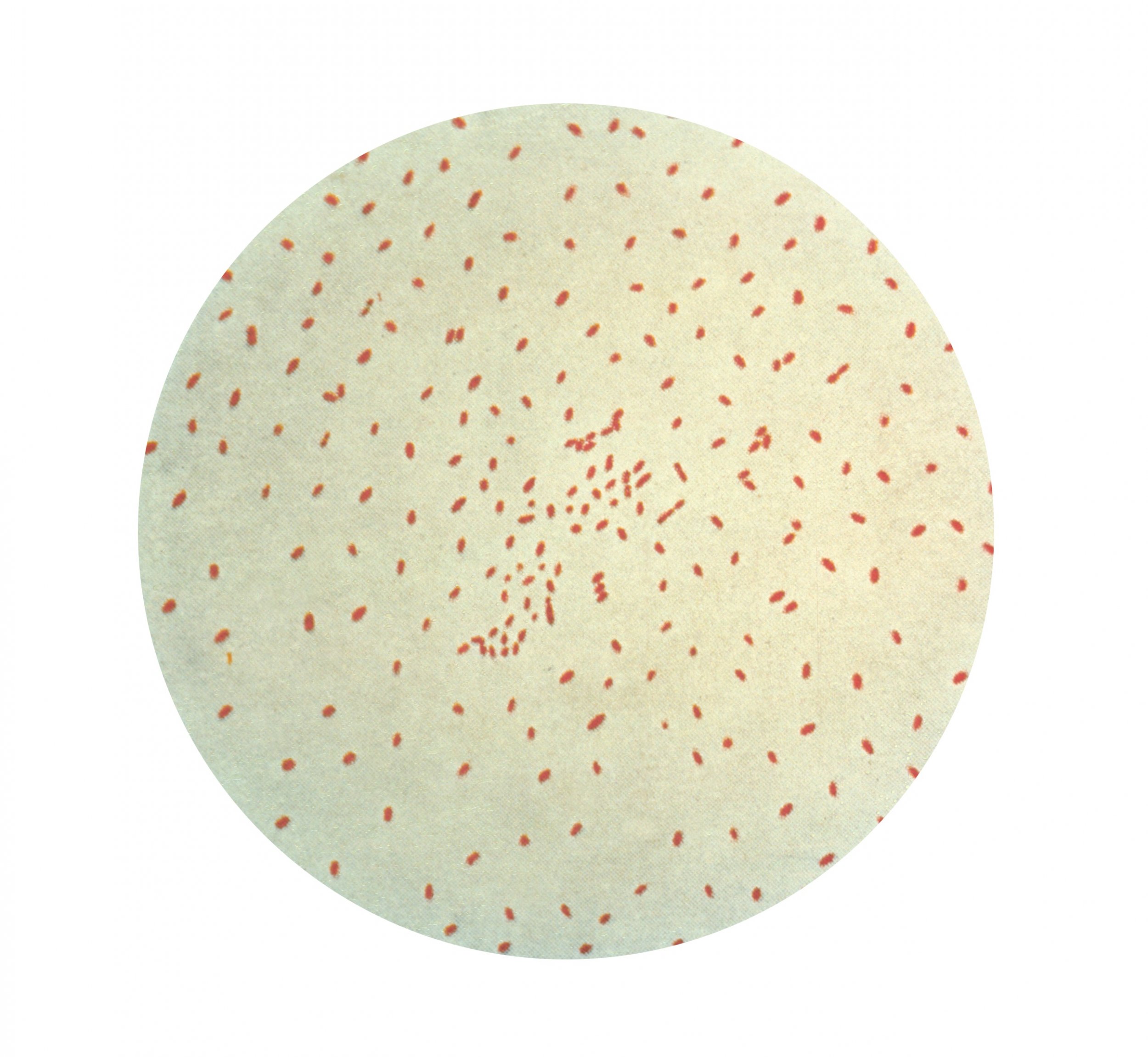
A high school student from Michigan was diagnosed with pertussis, according to a release that was sent out on May 17 and provided to Newsweek by the Lakeview School District. The release was addressed to "parent/guardian" and said a student at Lakeview High School in Battle Creek was diagnosed with the disease.
Also known as whooping cough, pertussis spreads through contact with the bacteria through a sneeze or cough by an infected person, according to the release. The disease highly preventable with a vaccine.
Symptoms:
Whooping cough gets its name from the cough it causes in those who are infected. At first, symptoms seem similar to those of a cold, said the release, including a runny nose, low fever and a cough. In babies, the disease can also cause apnea, a slight pause in breathing. These symptoms usually develop within five to 10 days of exposure but can arrive as late as three weeks after exposure to a sick person who is coughing or sneezing, according to the Centers for Disease Control.
The second wave of symptoms that develop a week or two after the first symptoms involve "paroxysms." These coughing fits are sometimes a rapid succession of coughs followed by the "whoop" sound that gives the disease its nickname. That second wave can also include vomiting and exhaustion after those fits or excessive coughing, according to the CDC.
The coughing can be so bad that it can end up causing fractured ribs, loss of bladder control, weight loss, apnea and more.
Treatment and prevention:
Anyone who suffers from whooping cough should have about four to 20 years of natural defense following the infection of the disease. Those who are diagnosed with the disease and are part of an at risk group, like babies or pregnant women, can be treated with antibiotics, according to the CDC.
Anyone who has contracted the disease should be sure to cover their mouth and nose when they sneeze or cough to prevent transmission. They also should use tissues and dispose of them in the trash and wash their hands, according to the CDC.
There has been an increase in reported cases of pertussis in elementary-aged kids in the United States, according to the CDC.
Uncommon Knowledge
Newsweek is committed to challenging conventional wisdom and finding connections in the search for common ground.
Newsweek is committed to challenging conventional wisdom and finding connections in the search for common ground.
About the writer
Nina was a breaking news reporter. She previously worked at Business Insider, The Boston Globe, and Boston.com.
To read how Newsweek uses AI as a newsroom tool, Click here.








